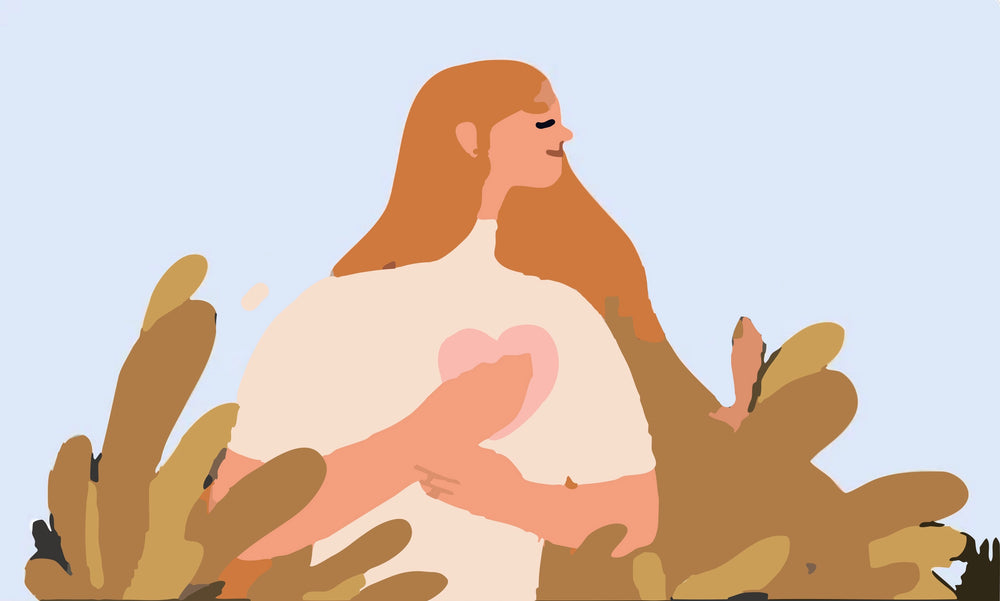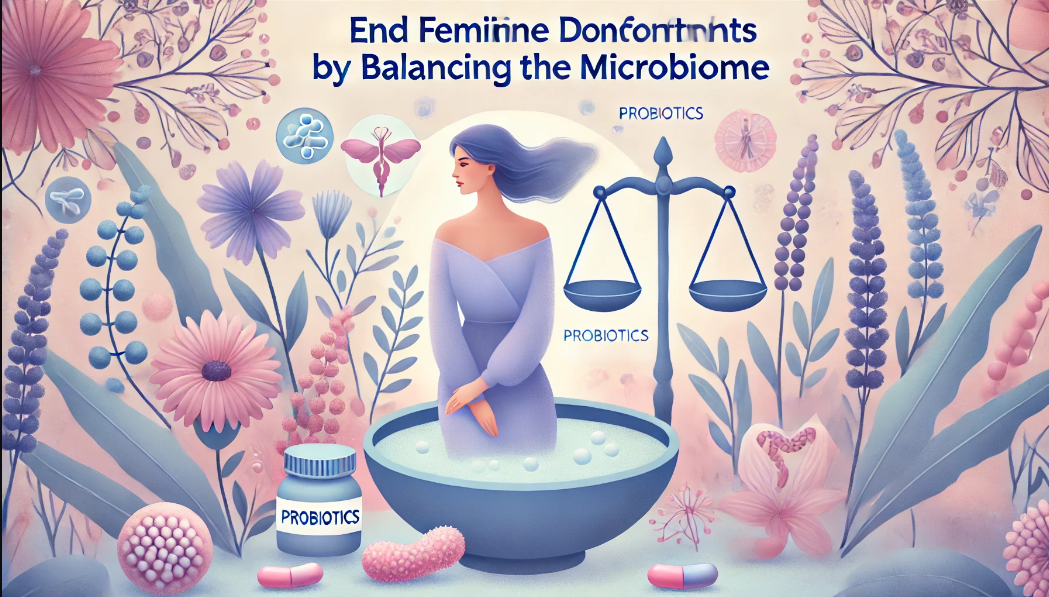
Have you entered into a menopause stage and you start experiencing a lot of confusion because your body acts like never before?
Constant need to go is one of the most occurring symptoms caused by weaken pelvic floor.
Either this is a new condition or something you’ve been straggling with for a while - NeuEve is here for you to provide a natural, hormone-free solution to your problem, bringing your life back to normal.
During some natural phases of every woman’s life like:
- the menstrual cycle
- pregnancy
- perimenopause
- menopause
the pelvic floor, which supports your pelvic organs (the uterus, ovaries, bowel, and bladder), changes dramatically. Hormones, especially estrogen, are partially responsible for these changes.
What happens when estrogen level is low?
Pelvic floor tissues that stretch over the pelvic bone may become atrophied. Vaginal atrophy causes dryness and painful sex. In the meanwhile, bladder atrophy causes leaky bladder (urinary incontinence) called bladder prolapse.
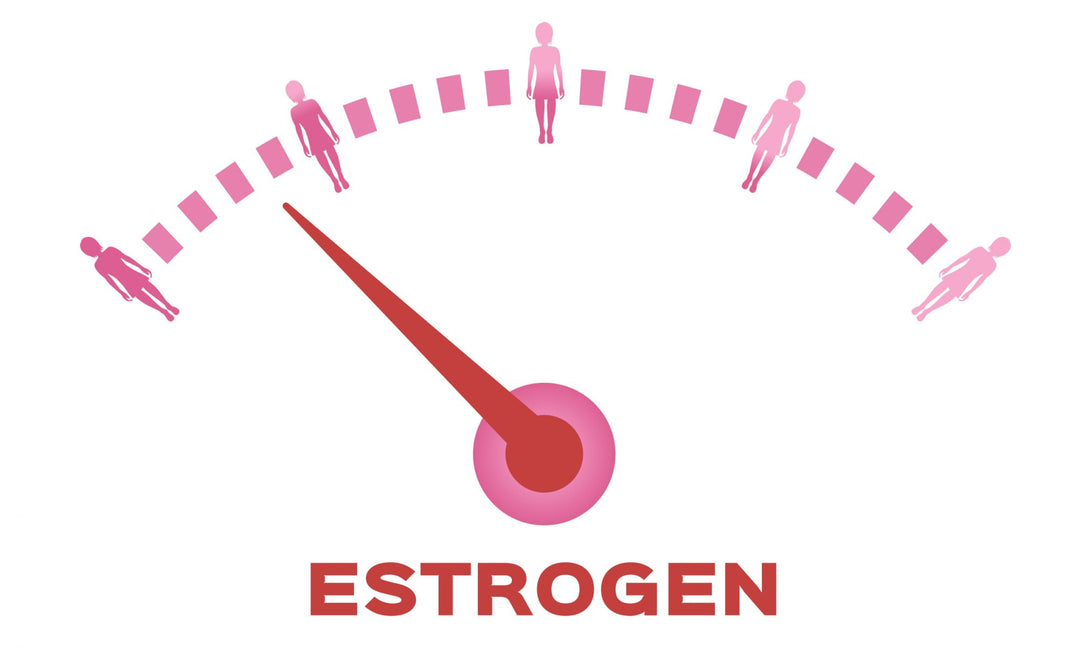
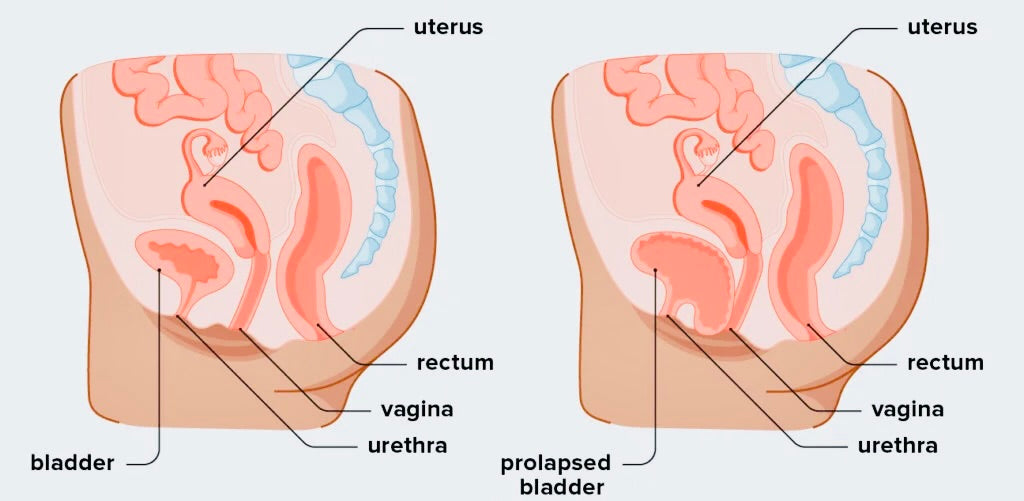
Diagnosing Bladder Prolapse
Painful sex and leaky bladder are obvious, but how do you know if you have a prolapsed bladder?
Here are seven warning signs of a prolapsed bladder:
Pelvic Pain
Pressure from a prolapsed bladder on the vaginal wall can cause sharp, dull, or continuous pelvic pain, especially when lifting, coughing, or walking. A bulging sensation in the vaginal area may also occur.
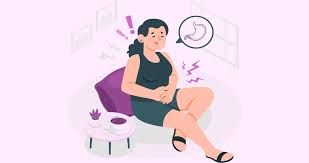
2. Difficulty Urinating
Trouble starting, frequent urges, or painful urination may indicate bladder prolapse. Severe difficulty may require medical attention.
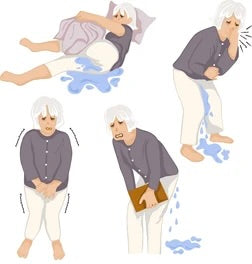
Stress Incontinence
Leaks triggered by physical activity, sneezing, or coughing are common due to weak pelvic muscles.
Urinary Retention
Incomplete bladder emptying may occur, causing repeated bathroom trips, a sensation of incomplete emptying, and retained urine that increases infection risk.
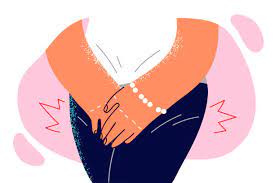
5. Frequent Bladder Infections
A prolapsed bladder can lead to frequent infections due to retained urine allowing bacterial growth.
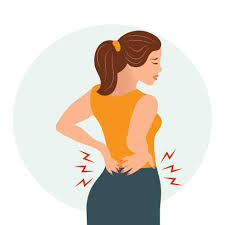
Lower Back Pain
A prolapsed bladder’s pressure on surrounding muscles and nerves can cause back, pelvis, and lower abdomen pain, which may worsen with a full bladder.
7. Persistent Urge to Urinate
A bulge (cystocele) traps urine, leading to ongoing signals to urinate even after emptying.
How To Treat Bladder Prolapse

HRT
Hormone Replacement Rherapy (HRT) can help but comes with risks. Estrogen, taken as pills or creams, may increase chances of breast, ovarian, and uterine cancers, as well as heart attacks and strokes. Even vaginal estrogen, used by millions, enters the bloodstream and has systemic effects, with monthly costs often exceeding $300.
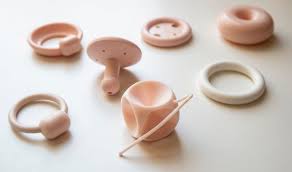
Pessaries
For women unable or unwilling to use estrogen—especially cancer survivors—alternatives may be needed. Devices like pessaries can support the bladder but may cause discomfort and side effects like pain and bleeding.

Repositioning Surgery
Surgery can reposition the bladder, but costs are high—$9,000 to $15,000, especially without full insurance coverage. Beyond cost, surgery carries risks like bleeding, pain, and infection, with a failure rate between 25% and 60%, making it one of the more challenging surgeries for both patients and doctors.
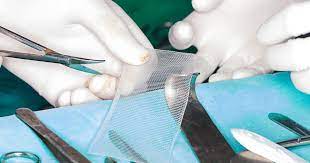
Pelvic Mesh Surgery
Pelvic mesh is often used in bladder prolapse surgeries but can lead to severe complications if it fails. Common issues include mesh erosion, pelvic pain, infections, bleeding, painful sex, and organ perforation. Corrective surgeries are frequently needed, causing further trauma. Due to high failure rates and serious complications, the FDA has banned these devices, underscoring the need for safer, more effective solutions.
NeuEve / Direct Topical Solution
NeuEve was designed to relieve vaginal dryness, and over 100,000 women have experienced complete relief. Many have also reported improvements in bladder leaks, prolapse, and chronic UTIs after consistent use.

NeuEve
With regular use, NeuEve may help strengthen the vaginal wall and pelvic muscles, potentially restoring the bladder to its proper position. This support can reduce urine retention, improve bladder health, and help flush out harmful bacteria naturally. While individual results may vary, NeuEve offers a gentle, non-hormonal option for managing these common issues without estrogen, surgery, or antibiotics.
Can You Prevent Bladder Leaks and Prolapse?
Yes! Just as we use skincare early to prevent wrinkles, starting bladder health support early is key. Once bladder issues like leaks or prolapse set in, reversing them can be challenging and time-consuming.
While devices or estrogen aren’t suitable for long-term prevention, NeuEve is different—it’s a natural product that’s safe for ongoing use. By using NeuEve regularly, you can help prevent bladder leaks, prolapse, and UTIs without side effects, making it a smart choice for health maintenance at any age.
Choosing the Right Product:
- Under 50: Start with NeuEve Silver suppositories.
- Over 50: Begin with Silk suppositories.
- Over 70: Sensitive Silk may be best.
Pairing with NeuEve balm cream can boost recovery. Regular use strengthens the vaginal wall, bladder, and pelvic floor, helping you maintain bladder health and live comfortably through your golden years.
Tips to Speed Up Recovery
Bladder recovery can be gradual, especially as we age. To support and accelerate healing, try combining NeuEve suppositories and balm cream with the following:
- Supplements: Vitamin D3, K2, and B1 (Thiamine) can support muscle and nerve health.
- Exercises: Kegel and dilation exercises help strengthen the pelvic floor; you can find a guide here.
- Pelvic Floor Therapy: Working with a pelvic floor physical therapist (often covered by insurance) can be invaluable for personalized guidance.
Recovery takes time, but consistency with NeuEve, supplements, and exercises can help you regain bladder health naturally.
Share your journey by leaving a review or emailing us at help@neueve.com — it may inspire others to find relief.
